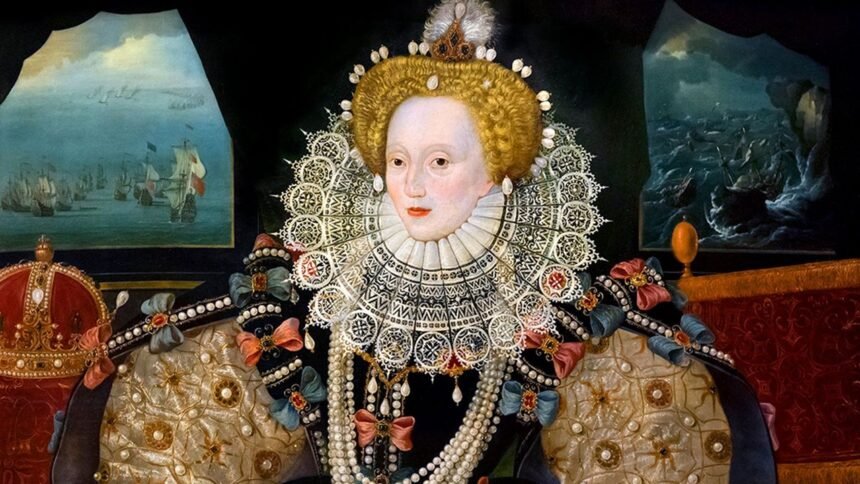Why Queen Elizabeth I Never Married – The Virgin Queen’s Choice
Elizabeth I, daughter of Henry VIII, remains the only English queen who never married. Her 1575 visit to Kenilworth Castle offers insights into this choice. The castle’s new art installation highlights themes of power, betrayal, and independence, echoing her reign.
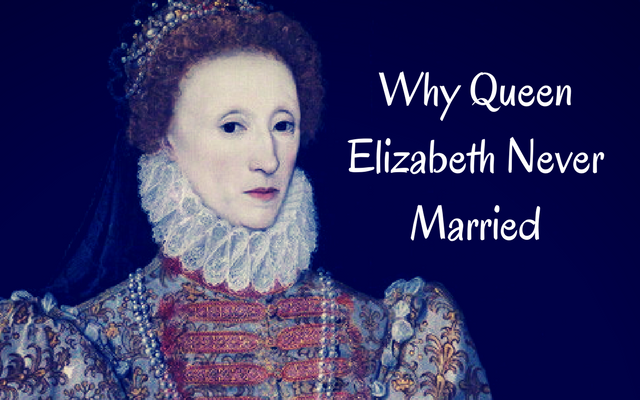
In July 1575, Elizabeth, then 41, visited Kenilworth Castle in Warwickshire. The castle, gifted to Robert Dudley in 1563, became the stage for a grand event. Dudley, believed to be her close friend and suitor, spent lavishly on music, fireworks, and theatrical performances. He even built a new garden and floating stages on the castle’s lake.
The festivities were designed to impress—and possibly to win her hand in marriage. However, the highlight performance, a masque planned for 20 July, was abruptly cancelled. Was it bad weather or Elizabeth’s displeasure at being urged to marry? The masque featured Diana, goddess of chastity, and hinted at Elizabeth’s own marital status.
Power, Politics, and the Virgin Queen’s Autonomy
Elizabeth I’s decision not to marry was both personal and political. Parliament and her advisers constantly pressed her to marry for security and an heir. But Elizabeth refused. She famously declared, “I will have but one mistress here, and no master.”
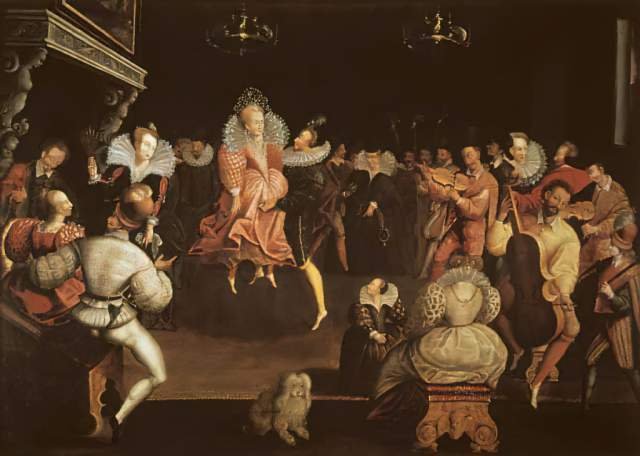
She had seen strong women like Katherine Parr govern while Henry VIII was away, proving that a woman could rule without a husband. Her personal history also played a role. Elizabeth’s mother, Anne Boleyn, was executed when Elizabeth was just three years old. This traumatic experience likely shaped her mistrust of marriage.
Why Queen Elizabeth I Never Married – The Virgin Queen’s Image
Elizabeth carefully crafted her image as the “Virgin Queen.” By staying unmarried, she avoided foreign influence through marriage alliances and strengthened England’s political independence. Her unmarried status became a powerful diplomatic tool.
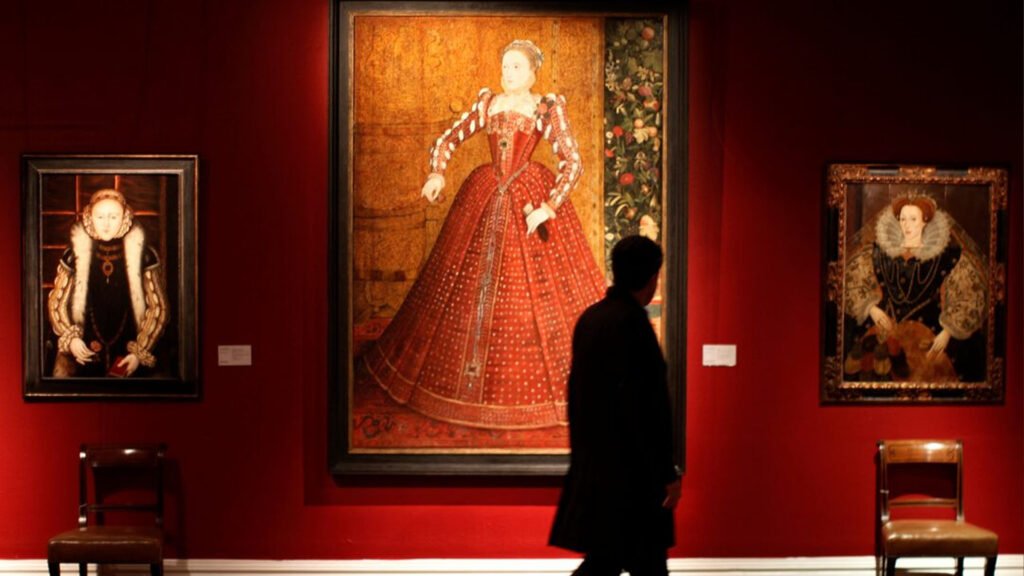
She declared, “I am married to England,” a line immortalized in Shekhar Kapur’s 1998 film Elizabeth. This decision also cemented her legacy as a ruler who placed her nation above personal desires.
Why Her Choice Still Fascinates
Modern historians believe her choice was strategic. Remaining single gave Elizabeth freedom to negotiate with France and Spain. It also prevented domestic rivalries, as marrying an English nobleman could have caused jealousy among other powerful families.
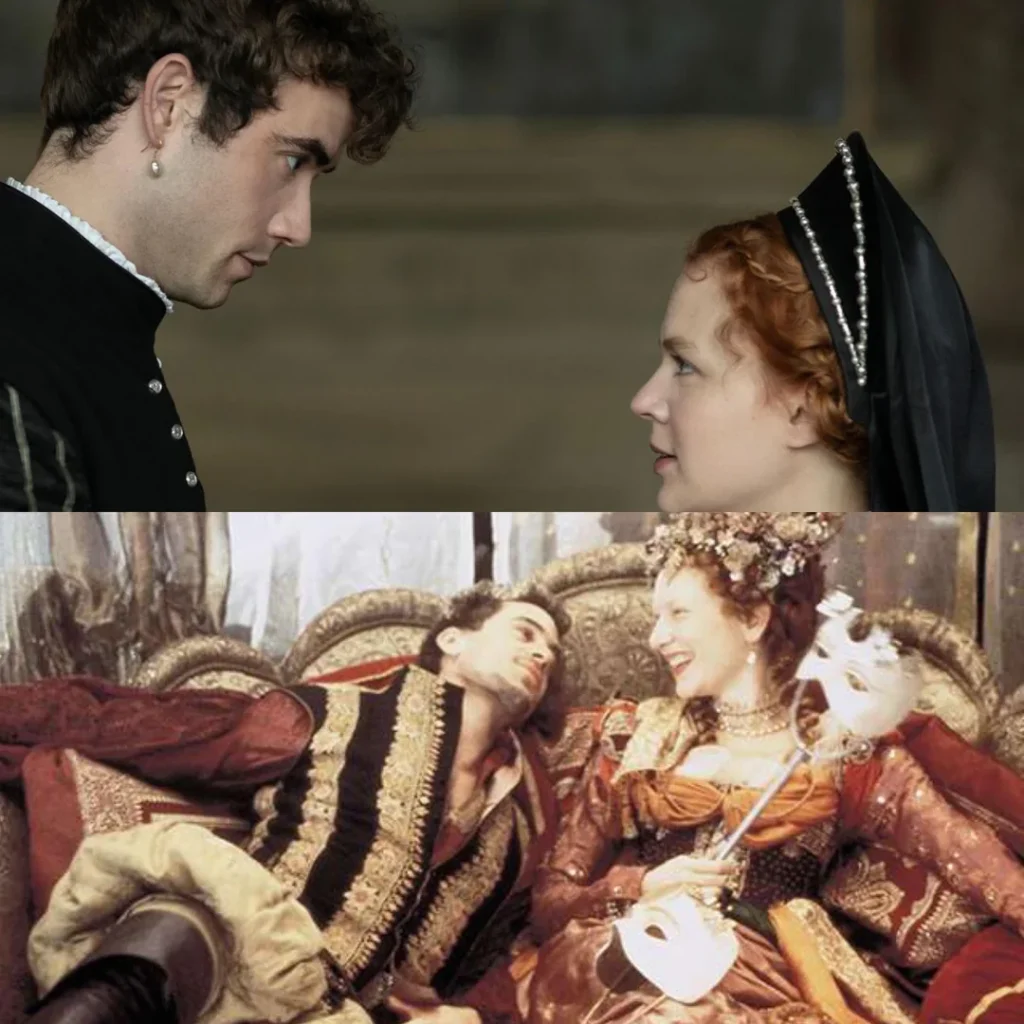
Even in her relationship with Robert Dudley, Elizabeth never let emotion compromise her political power. When Dudley married another woman in 1578, she was furious but ultimately forgave him. Upon his death in 1588, she mourned deeply, keeping his final letter close to her until her own death.
Elizabeth’s Legacy in Popular Culture
Elizabeth’s unmarried status has become a defining element of her legacy. Films like Elizabeth (1998) and Elizabeth: The Golden Age (2007), starring Cate Blanchett, highlight her transformation into the “Virgin Queen,” a monarch married only to England. This narrative is echoed in historical records, where she stated she was “already bound unto a husband which is the Kingdom of England.”
Even her close bond with Robert Dudley did not lead to marriage. When Dudley died in 1588, Elizabeth was devastated, locking herself in her chambers for days. A letter from Dudley, marked “his last letter,” was found in her personal belongings upon her death in 1603—a poignant reminder of their unfulfilled connection.
